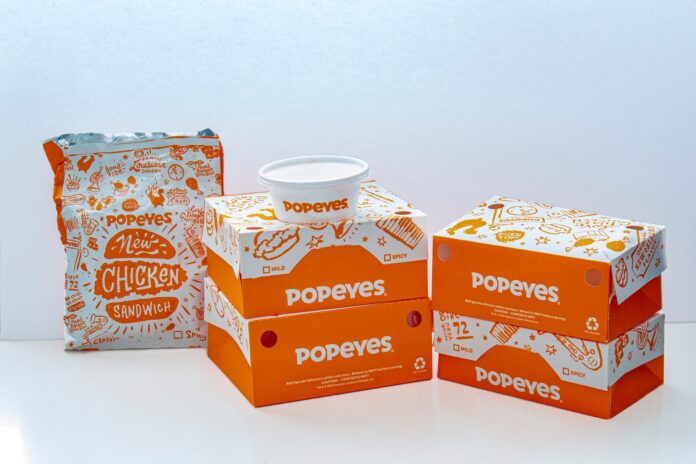Popeyes Louisiana Kitchen promises to do away with MSG by 2025 completely. This is three years longer than the original promise. Supply-chain issues cause the delay. Popeyes plans to achieve a menu without artificial colors, flavors, or preservatives.
“We are currently testing all-clean ingredients in our batter, breading, and sandwiches in a few U.S. markets, and we expect to be on track to an all-clean menu nationwide by 2025,” the company said in a statement to Bloomberg. “We had hoped to achieve this earlier; however, our process of testing new ingredients and getting extensive guest feedback on recipe changes has been slowed down by a challenging supply-chain environment.”
Chicken is trendy in the fast-food world. Chains like McDonald’s released their Popeyes-style chicken sandwich, which uses MSG in the filet. Same for Chick-Fil-A Inc. However, fast food restaurants are working hard to improve their menus’ health and environmental impact. This includes removing artificial colors and preservatives and serving organic, cage-free eggs. Unfortunately, other chains have also struggled with producing cleaner ingredients because of supply-chain issues. For instance, Chipotle Mexican Grill Inc. has struggled to source humane-certified chicken for its restaurants.
The History of MSG
Monosodium Glutamate is a flavor enhancer. We commonly see MSG in Chinese cuisine, canned vegetables, soups, and other processed foods. MSG derives from L-glutamic acid, which is naturally present in many foods. L-glutamic acid is a nonessential amino acid, meaning that your body can produce it by itself and doesn’t need to get it from food. MSG is white, an odorless, crystalline powder commonly used as a food additive.
In 1960, it came under fire for being a “toxic addition” to foods. It became so stigmatized, in fact, that some restaurants started advertising that they’d cut MSG from their menu entirely. But like anything in moderation, MSG doesn’t cause any lasting harm. Too much can cause headaches, obesity, and high blood pressure. The FDA ruled the enhancer as a food ingredient that’s considered safe. Although small amounts won’t spoil your diet, I applaud restaurant chains for making the necessary changes to their menu.






